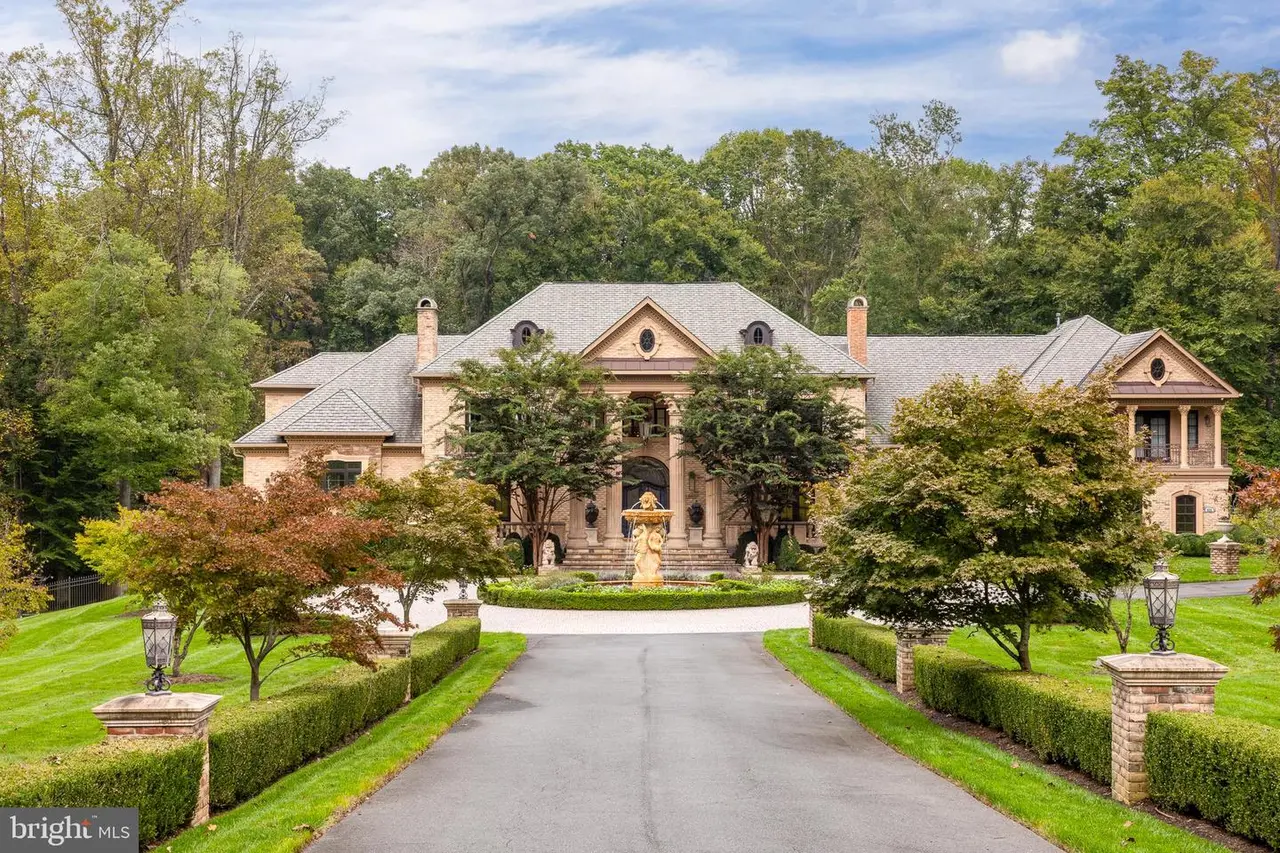Leaked Files Expose the Barzani Brothers’ $100M U.S. Property Spree

A new Organized Crime and Corruption Reporting Project (OCCRP) investigation shows the five sons of KDP president Masoud Barzani channelled over $100 million into direct U.S. property purchases, along with tens of millions in luxury spending. This tally covers only the assets directly proven in the leaked documents—it excludes holdings believed to sit with proxies or fronts, which Kurdish political and business insiders describe as routine in the Barzani network.
Context: The files trace a two-tier structure built from 2007 onward to keep names off public records: BVI holding companies (some nicknamed after “Pirates of the Caribbean” characters) atop Delaware/Virginia LLCs that hold the U.S. assets. At the core sit GEG Inc. (Delaware), GEGI Management LLC (Washington, DC), Ster Group FZE (Dubai), and Impulse Energy (BVI), with payments often run through a law-firm trust account. Internal memos describe GEGI as a family fund—paying property costs, Amex Centurion bills, hospital charges, and personal services—with Mustafa Barzani recorded as sole owner.
The five brothers referenced are: Masrour Barzani, KRG prime minister; Mansour Barzani, commander of KDP special forces; Waysi Barzani, KRG Security Council adviser and former Counter-Terror chief; Muksi Barzani, largely U.S.-based and recently in the public spotlight (including leading the National Prayer Breakfast); and Mustafa Barzani, who effectively oversees the Barzan area and the Soran administration zone in northern Erbil.
In November 2021, GEG Inc. was restructured to qualify as a “woman-owned, economically disadvantaged” small business by shifting 60% of its shares to Valerie Cupp, a close associate who, per her public profile, also sits on the board of the American University of Kurdistan—founded and chaired by Masrour Barzani. The documents repeatedly identify Ster Group FZE as Masrour’s overseas company, while Impulse Energy—linked to the Pedawi brothers (business proxies of Masrour Barzani)—also routed funds into GEGI. The report further notes efforts to avoid PEP due diligence with lenders.
Details: Between 2005 and 2019, the network acquired at least 31 U.S. properties, concentrated in Virginia and Florida; 18 remain in company hands. The paper trail ties specific high-value assets and lifestyle outlays to these entities:
One Park Crest, McLean, VA (~$2M, 2007). A December 2008 internal email requests a “simple document” to create a paper trail linking One Park Crest Unit 1906 LLC to Ster Group FZE—named as the vehicle making Masrour Barzani’s cash wire for settlement. This is a rare, explicit link between Masrour and an overseas payer for a U.S. property.
Casa Divina, Great Falls, VA ($5.6M in 2013; sold $6.25M in 2022). Bought via Great Bend Holdings LLC, controlled by Mustafa. GEGI paid for the purchase and interiors, including >$500,000 in furnishings and a $98,000 Steinway. Several transfers were characterized as “foreign gifts” and routed through the law-firm trust account.
CVS-anchored commercial building, Miami Beach, FL ($18.3M, Feb 2019). Acquired by companies linked to Muksi and Masrour three months before Masrour became KRG prime minister. While fewer internal wires are published here than for Casa Divina, the entity trail slots into the same structure.
“Château” estate, McLean, VA ($10.2M, 2010; $0 transfer in 2024). Originally purchased in the names of the Pedawi brothers (Ster affiliates), with renovation and admin costs billed to entities tied to Masrour and Muksi. In 2024 the deed moved for $0 to Cove Hollow LLC, a Virginia shell connected to the network—strongly indicating effective family control despite nominal ownership shifts.
Beyond property, the leak documents luxury and lifestyle spending routed through GEGI: a $340,000 Ferrari for Mustafa, designer/Lalique décor, the $98,000 piano, Amex Centurion balances for Masrour and relatives, and a $41,000 nanny-agency payment for Waysi in 2023. On funding sources, the files show at least $7.2 million in Ster wires and another $11.1 million referenced for U.S. deals; Impulse Energy (BVI) also paid GEGI. Separately, at least $10 million from GEG/GEGI flowed into three properties (including Casa Divina).
The law-firm trust account repeatedly appears as the payment conduit, obscuring origin while settling with title companies and luxury merchants. The overall picture is a centralized bill-pay apparatus feeding U.S. assets and private consumption from offshore-linked funds.
The OCCRP files provide direct documentary proof for the assets and payments above. They stop short of the fuller ecosystem widely believed to include proxy-held properties—which this report does not count. Even on the narrow, document-proven slice, the spending is substantial and the governance risks are plain: political office intertwined with opaque funding, layered shells, and deliberate efforts to minimize disclosure.









